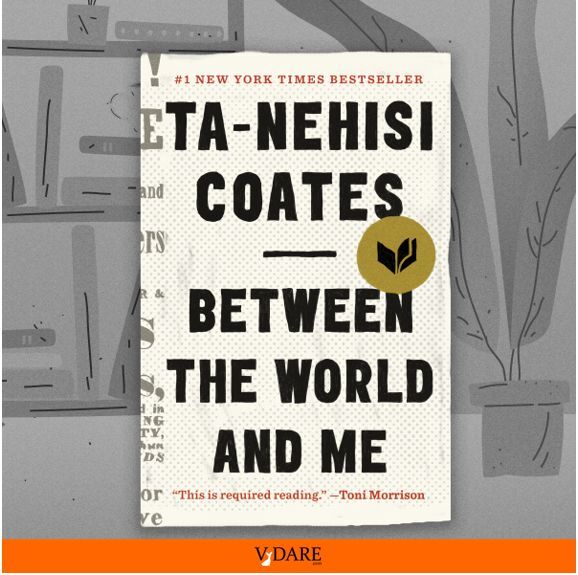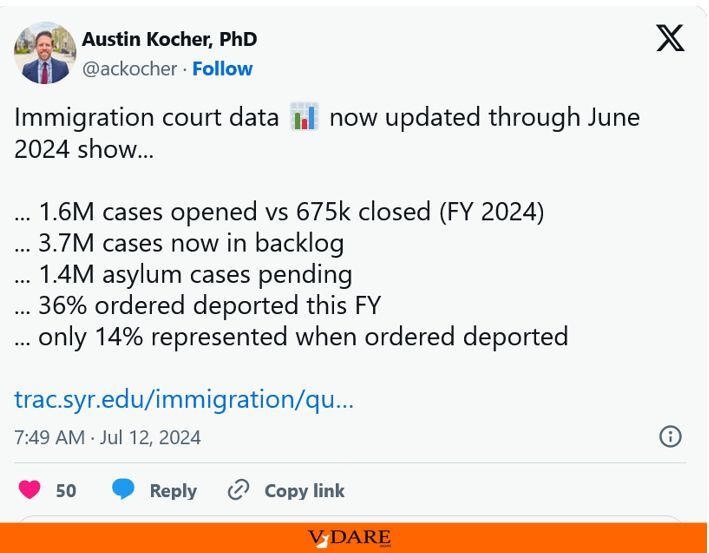The NYT claims "Study Offers a New Test of Potential Lawyers:"
The LSAT, as the half-day exam is known, does not claim to predict much beyond a student’s performance in law school. But critics contend that it does not evaluate how good a lawyer someone will be and tests for the wrong things. They also say it keeps many black and Hispanic students — who tend to have lower scores — out of the legal profession.
Marjorie M. Shultz, a law professor who retired last year from Berkeley and is one of the study’s authors, said she began to examine the issue after California voters approved Proposition 209, which banned consideration of race in admissions.
“Proposition 209 and the reduced numbers of minority admits prompted me to think hard about what constitutes merit for purposes of law school admission, and to decide LSAT was much too narrow, as well as having big adverse impact,” Professor Shultz said.
The Law School Admissions Council, which administers the LSAT, helped finance Professor Shultz’s research, which has not appeared in any scholarly journals. ...
Instead of focusing on analytic ability, the new test includes questions about how to respond to hypothetical situations. For example, it might describe a company with a policy requiring immediate firing of any employee who lied on an application, then ask what a test taker would do upon discovering that a top-performing employee had omitted something on an application.More than 1,100 lawyers took the test and agreed to let the researchers see their original LSAT scores, as well as grades from college and law school.
The study concluded that while LSAT scores, for example, “were not particularly useful” in predicting lawyer effectiveness, the new, alternative test results were — although the new test was no better at predicting how well participants would do in law school. Unlike the LSAT, the new test did not produce a gap in scores among different racial or ethnic groups.
Swell, but there's this little thing called The Bar Exam that law school grads have to pass to become lawyers. For some reason, the NYT forgot to mention bar exams in its article.
There's plenty of evidence that people who get affirmative action breaks on getting into law school with below average LSAT scores are likely to have a harder time passing the bar exam. We're not doing anybody any favors by letting them into law school, run up huge student loan debts, then have them come out of law school and waste years of their lives trying and failing to pass the bar exam. Under the current system that uses the LSAT, 53% of blacks who start law school never pass the bar exam versus 24% of whites. Why do we want to worsen the black failure rate by cutting back on the LSAT?











